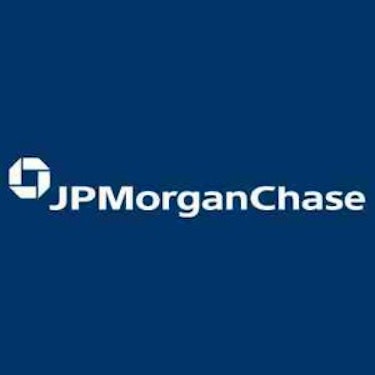
Source: World Economic Forum
The StressTest column appears every Thursday on Fool.com. Check back weekly and follow @TMFStressTest.
Few would describe Jamie Dimon as warm and cuddly. At one point during JPMorgan Chase & Co. (NYSE:JPM)‘s investor day, the feisty CEO responded to bank analyst Mike Mayo with a snarky, “That’s why I’m richer than you.” And while that could perhaps be waved off as playful, in the wake of the London Whale trading debacle and the CEO/Chairman brouhaha, there are plenty of investors and market watchers who simply can’t stand Dimon.

Throughout the call, analysts peppered Dimon and CFO Marianne Lake with questions pertaining to the particulars of the company’s accounting — most notably, approaches to adjust the bank’s balance sheet to accommodate proposed new capital rules. Late in the call, NAB Research analyst Nancy Bush just happened to ask the question that pushed Dimon over the edge.
His response:
This is what the issue is with all this, you spend all your time talking about
accounting, as opposed to business. The business is deposits, serving clients,
doing things. And now we talk all the time about [accumulated and other
comprehensive income]. And we have a lot of asynchronous accounting, and
pro-cyclical accounting and stuff like that, that we try to explain. But we try to look
through all of that and build a business, more clients, more bankers, more branches,
happier clients.
Love him or hate him, I think everyone has to admit that Dimon nailed it there.
To be sure, the accounting is important. It’s critical that the bank get the accounting right, and it’s helpful for investors — even if just at a high level — to understand the accounting.
But the accounting isn’t the business. The Q2 linked-quarter change in operating expense isn’t the business. The year-over-year growth in the cash balance isn’t the business. And no, I’m sorry, but the profit per share that just beat (or missed) analysts’ expectations isn’t the business. (Full disclosure: I’m as guilty as anyone of focusing on the accounting too much at times.)
Foolish investors are long-term investors, and long-term investors should be most focused on what’s going to drive success over five, 10, or 15 years. And, as Dimon points out, that comes from focusing on and building the big-picture business, not getting swallowed up by the accounting minutiae.
For JPMorgan Chase & Co. (NYSE:JPM) specifically, meeting the new capital requirements — should they be officially put in place — will be a must. But these are capital requirements that chief rivals Wells Fargo & Co (NYSE:WFC), Bank of America Corp (NYSE:BAC), Citigroup Inc (NYSE:C), and Goldman Sachs will also have to meet. For investors to succeed with JPMorgan Chase & Co. (NYSE:JPM) — or conversely, with any of those other banks — they need to look beyond that and be convinced that there’s something that JPMorgan Chase & Co. (NYSE:JPM) is doing to set itself apart from the others so that it can attract more deposits, loyal clients, top-flight employees, investment assets, and so on.
In short, a company needs to have a strategy for delivering services that customers will value, and it needs to execute on that strategy. Without that, management can nail the accounting all day long, but the business would be a mess of uninvestable mediocrity.
Bruce Lee said: “It is like a finger pointing away to the moon. Don’t concentrate on the finger, or you will miss all that heavenly glory.”
For investors, numbers and accounting details can help point the way. But in the end, we need to be careful to remember that we’re investors in operating businesses, not static ledgers.
The article 1 CEO Quote Every Investor Needs to Read originally appeared on Fool.com and is written by Matt Koppenheffer.
Matt Koppenheffer owns shares of Goldman Sachs, Bank of America, and JPMorgan Chase & Co (NYSE:JPM). The Motley Fool recommends Bank of America, Goldman Sachs, and Wells Fargo. The Motley Fool owns shares of Bank of America, Citigroup Inc, JPMorgan Chase & Co., and Wells Fargo.
Copyright © 1995 – 2013 The Motley Fool, LLC. All rights reserved. The Motley Fool has a disclosure policy.


